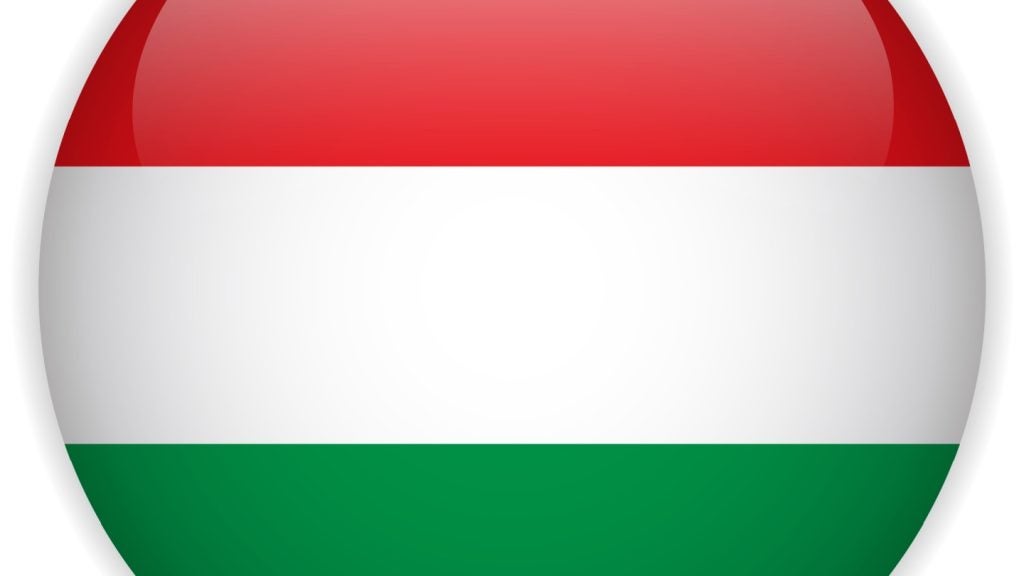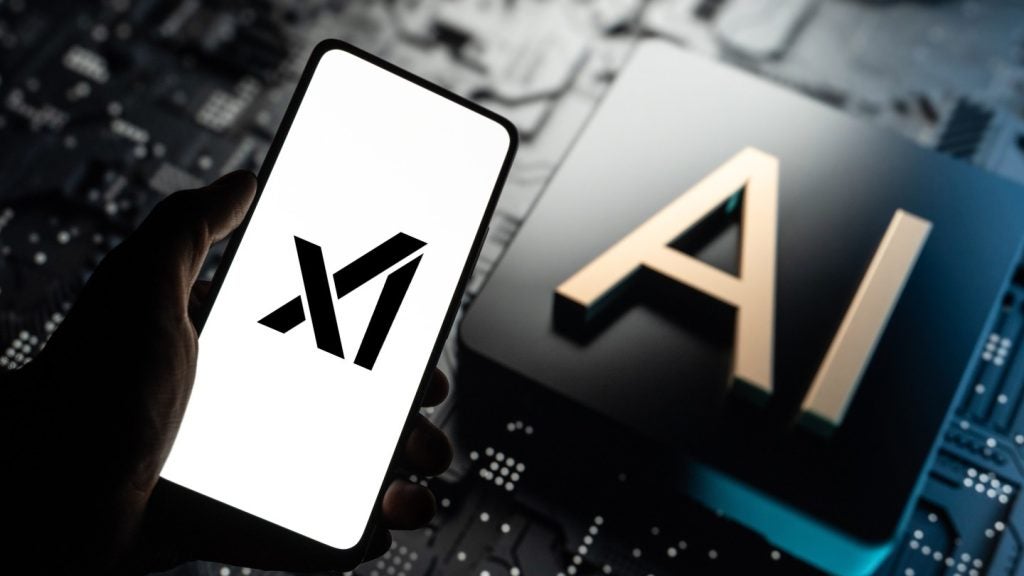
Microsoft‘s deal with French startup Mistral AI is set to face scrutiny in the EU as the bloc continues to crack down on Big Tech’s AI partnerships.
On Monday (26 February), Microsoft announced it would make Mistral’s AI models available through its Azure cloud computing platform.
The company confirmed to Reuters that it had made a €15m investment in the French AI company but held no equity.
According to Microsoft, the investment will convert into equity in Mistral AI’s next funding round.
Negotiations surrounding the EU’s AI Act saw Mistral lobby for looser rules for some of its models.
Brando Benefei, a member of the European Parliament involved in overseeing the creation of the AI Act, hammered home the importance of the regulation.
How well do you really know your competitors?
Access the most comprehensive Company Profiles on the market, powered by GlobalData. Save hours of research. Gain competitive edge.

Thank you!
Your download email will arrive shortly
Not ready to buy yet? Download a free sample
We are confident about the unique quality of our Company Profiles. However, we want you to make the most beneficial decision for your business, so we offer a free sample that you can download by submitting the below form
By GlobalData“What is emerging shows even more that it was good not to water down our ambition on the safety of general-purpose AI models with systemic risks, following legitimate but strong lobbying from companies like Mistral,” Benefei said.
The EU recently warned that it may begin looking into Microsoft’s backing of ChatGPT-creator OpenAI, which may be subject to EU merger rules.
If the requirements are met, the two companies may face a probe from EU regulators to see if the merger is allowed.
Microsoft’s investment in OpenAI has caused the company to speed ahead in the AI race. The tech giant has integrated the ChatGPT-maker’s products into every facet of its business while its rivals scramble to implement their own AI capabilities.
In June 2023, over 160 company executives signed a letter that criticised the EU’s AI Act as a hindrance to Europe’s innovation and competitiveness.
The EU AI Act seeks to classify AI tools based on the level of risk they pose, ranging from minimal to unacceptable.
This categorisation factors in potential concerns such as biometric surveillance, dissemination of misinformation, and use of discriminatory language.
In the open letter, executives warned that the legislation would make it harder for AI in the EU to compete with the rest of the world – noting that it could force some of them to develop their AI abroad.
Signatures of the open letter included large-scale companies like Meta and Renault.
GlobalData estimates that the AI global market will reach $909bn by 2030, growing at a compound annual growth rate of 35.2% between 2022 and 2030.







